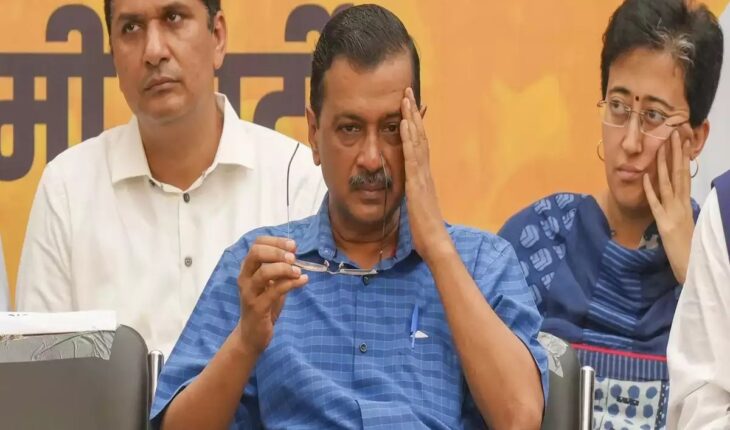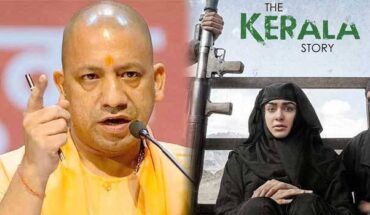
by Praveen Raman
In his first statement after losing the Delhi assembly elections, AAP supremo Arvind Kejriwal congratulated the BJP on the victory and said, “I wish that the hope with which the people of Delhi have voted for the BJP, the party will fulfil it.” He further stated that his party has always worked for the welfare of the city and will play a crucial new role of the Opposition. “We will play the role of constructive opposition but will also be available to the people of Delhi,” Kejriwal added. But this is a great moment for people who take politics as a research topic. While there are several takeaways from these election results, one lesson for Kejriwal is quite clear: don’t try to become an expert in everything and honour your place where the people have voted to sit.
Unfortunately, the former Delhi CM seemed to have forgotten both. He not only dishonoured the massive mandate he got in the 2025 elections but he was also voted to solve the problems of Delhi at that time. But Kejriwal wanted to position himself as a national hero through political shortcuts. He blatantly ignored INDI alliance promises and fought on his own while ignoring two terms of pending work. Let’s understand some more reasons behind his defeat. Arvind Kejriwal’s Aam Aadmi Party (AAP) faced a significant defeat in the 2025 Delhi Assembly elections, losing power to the Bharatiya Janata Party (BJP) after 27 years. Several factors contributed to this outcome: Anti-Incumbency Sentiment: AAP encountered growing public dissatisfaction after a decade in power. Voters expressed frustration over unmet promises and perceived stagnation in governance.
Corruption Allegations- Key AAP leaders, including Kejriwal, faced corruption charges. These allegations eroded the party’s image of integrity and transparency, leading to a loss of voter trust. Unfulfilled Promises: AAP’s failure to deliver on key commitments, such as cleaning the Yamuna River, disappointed many supporters who had high expectations from the party. BJP’s Strategic Campaign: The BJP effectively capitalised on AAP’s shortcomings by promising financial aid, including payments for women, elderly pensions, and youth exam preparations. This strategy resonated with a broad spectrum of voters. Middle-Class Discontent: Economic challenges, such as sluggish job growth and urban consumption, led to dissatisfaction among middle-class voters. The BJP’s recent tax breaks and promises of improved services appealed to this demographic, contributing to AAP’s decline in support. These factors collectively undermined AAP’s standing in Delhi, paving the way for the BJP’s return to power in the capital.
Praveen Raman is Editor, Morning India English daily newspaper, Views are Personal.






